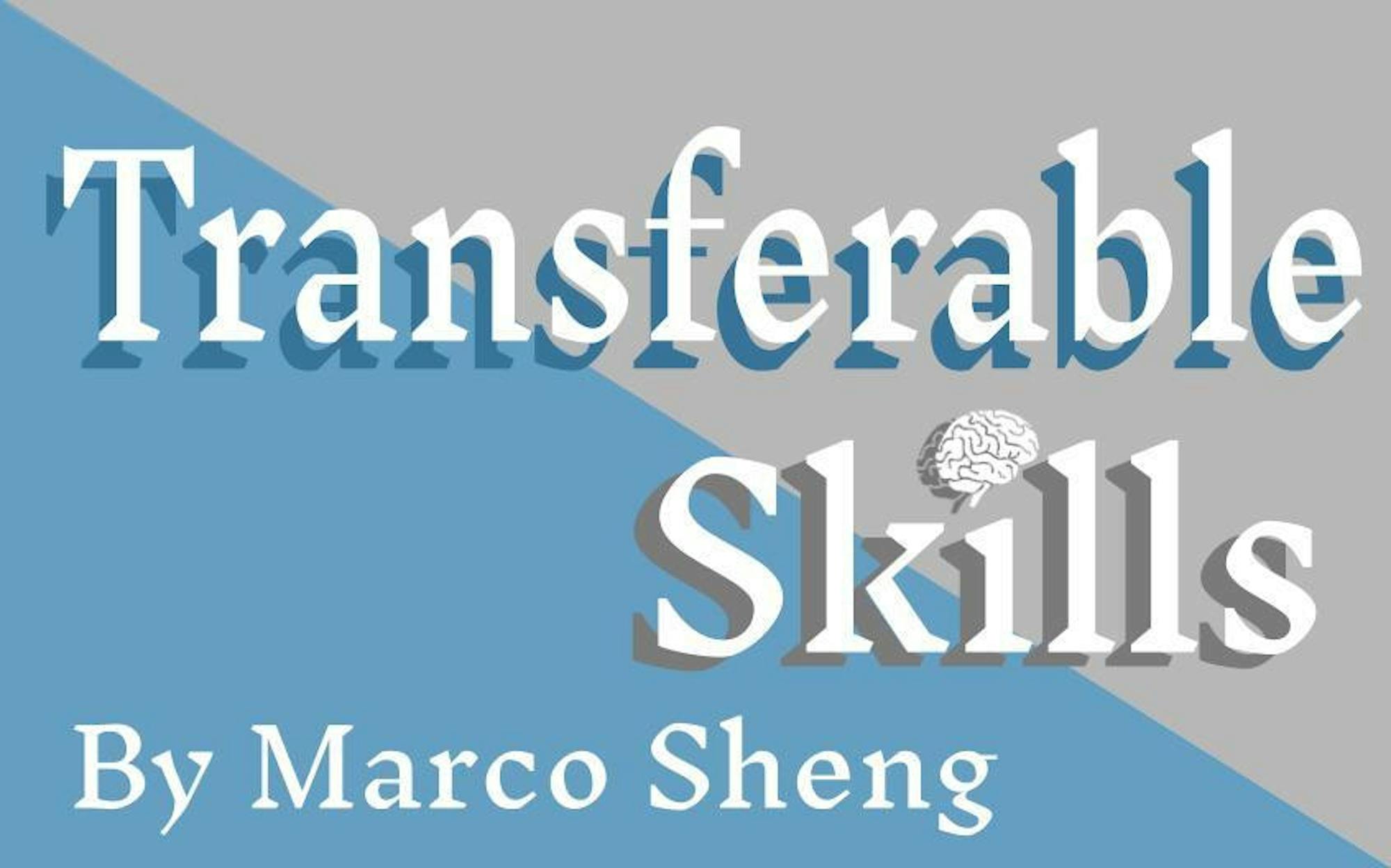It’s my last semester, and the time has flown by. I can’t believe that in just mere weeks, finals will be here. For many, that means the end of an unfortunate COVID-19-dominated school year and the start of post-pandemic hope. For me, it’s those things too, but it’s also the end of six years of struggle — trying (or often avoiding) to make my way through a rough college experience.
In many ways, I’ve had a really bad time in college. I’ve ended several days this semester watching “Try Not to Cry” challenges on YouTube so I could feel something, be moved in a way that I wasn’t because I wasn’t out living my life. I’ve ended many other days on long FaceTime calls with my parents, exasperated and needing their external pressure to get that essay done at 2 a.m.
I could go on, but this is not a self-pity episode. It is, rather, a few words on attitude, hope and optimism. In the list of values in the first iteration of my column, I outlined the idea that optimism is more joyful than truth. I think I’ve done a better job of following this value of mine. I’ve been a little kinder to myself. A little more grateful, optimistic and hopeful. Because the reality is, optimism creates a more balanced truth.
Apparently, negative thoughts carry more weight than positive thoughts — negativity in our lives and in our minds is natural. But what isn’t natural is twisting reality to fit a certain narrative you have about yourself, rather than opening your eyes up to other possibilities, interpretations and perspectives. As much as I’ve often thought of myself as the center of the pessimism universe, I’m not. And frankly, being self-righteously cranky, pessimistic and cynical really only hurts you at the end of the day.
If you’re struggling with negative thoughts and harsh self-hatred, if you feel like a victim of damaging narratives and internal demons, I feel you, and I see you because in many ways, I am still there. If you feel immeasurably stuck and deeply frustrated, then I want to help pick you up. If you’re constantly comparing yourself to those better than you, and then judging yourself for that, I challenge you to compare yourself to a past, less courageous you. If you’re constantly complaining about what you don’t have or who you aren’t, I challenge you to be grateful for what you do have, and love who you are.
Because at the end of the day, so many things don’t really matter if one specific thing does. Whether you are a future CEO or a stereotypical slacker, whether you have a trust fund or live paycheck to paycheck, whether you are a brilliant performer or a shy mathematician, it all starts with your relationship with yourself. Because the way you judge yourself will also be the way you judge others. The way you are resilient with your own emotions will be the way you are resilient in uncertain environments. The way you love yourself will open you up to being loved, and loving someone else.






